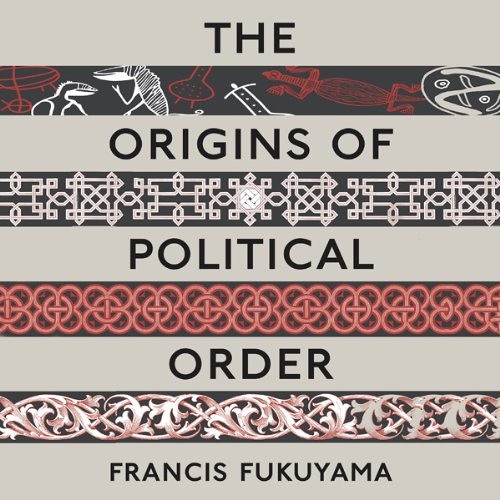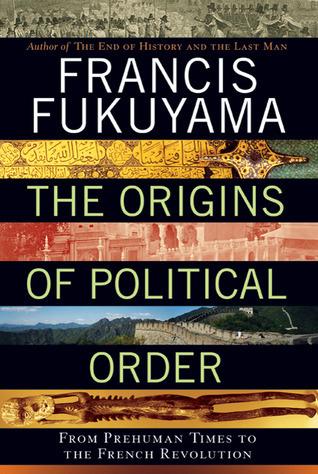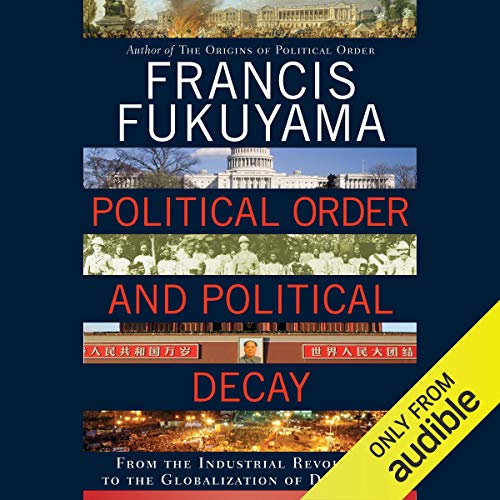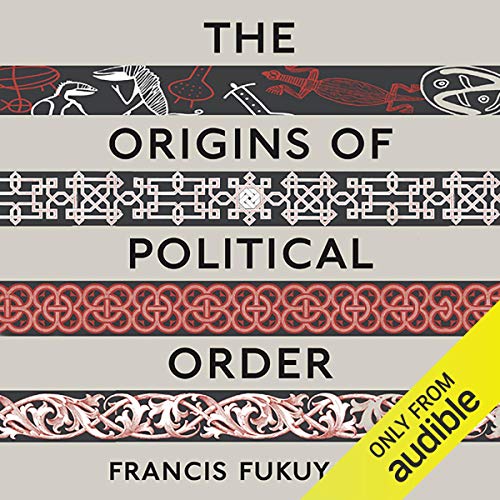Francis Fukuyama’s “The Origins of Political Order” audiobook explores the evolution of political systems from prehuman times to the French Revolution. It examines how societies develop institutions that maintain order and promote stability.
This audiobook dives deep into the roots of political structures, tracing their origins and evolution. Fukuyama provides a detailed analysis of how human societies transitioned from tribal organizations to complex political entities. He explains the factors that influenced the creation of political institutions and their role in societal development.
The narrative is rich with historical examples, making it an engaging listen for those interested in political theory and history. Fukuyama’s work highlights the importance of political order in ensuring social stability and progress.
The Genesis Of Political Systems
Political systems have ancient roots. Early humans lived in small groups. These groups had leaders. Leaders kept order. They made important decisions. Over time, these groups formed tribal organizations.
Tribes were larger than small groups. They needed more complex rules. Institutions began to form. These institutions helped manage resources. They resolved conflicts. They also maintained peace within the tribe.
Institutions grew more complex as societies grew. They became the foundation of modern political systems. Understanding these origins helps us understand today’s politics.

Dynamics Of Political Decay And Renewal
Political systems go through a cycle. They rise, peak, and then decay. Strong leaders often spark the rise. Institutions become powerful and stable. Over time, rigidity sets in. This leads to stagnation. The system can’t adapt to new challenges. Corruption can also creep in. Public trust starts to erode. Eventually, the system collapses or renews.
Several factors cause institutions to degenerate. Corruption is a major factor. Leaders misuse power for personal gain. Rigidity in rules and norms also hurts. Institutions fail to adapt to change. Economic inequality widens. This causes social unrest. External threats can also weaken institutions. Wars and invasions can break systems. Over time, these factors combine. They lead to institutional decay.
Fukuyama’s Interpretation Of Modern State Formation
Warfare played a key role in forming modern states. Many states emerged due to conflicts and battles. Strong states often had powerful armies. Religion also influenced state formation. It provided a sense of unity and purpose. Many leaders used religion to justify their rule. Both warfare and religion shaped modern governance.
Understanding state formation helps in modern governance. Strong institutions are crucial for stability. Corruption weakens states. Effective governance requires accountability. Modern leaders can learn from history. Both warfare and religion still influence politics today. Studying these factors can improve current policies. Stability and unity remain essential for good governance.


Conclusion
Francis Fukuyama’s “The Origins of Political Order” audiobook offers deep insights into political evolution. It’s a must-listen for history enthusiasts. The audiobook’s engaging narrative and thorough research make it invaluable. Discover the intricate journey of political systems with this compelling audiobook.
Enhance your understanding of the world’s political landscape today.



